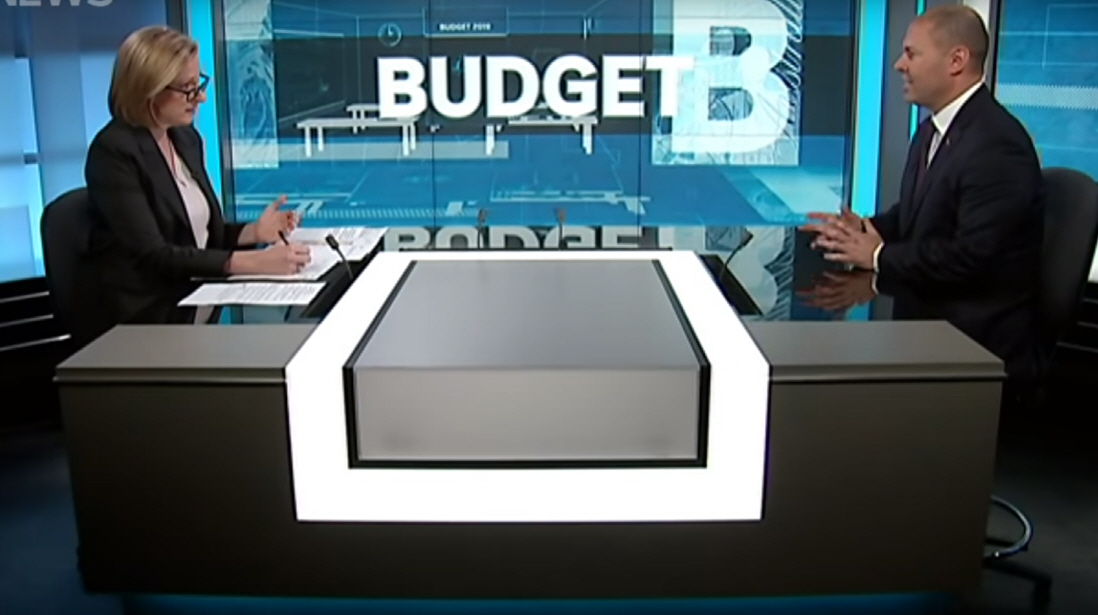Alright, the 2019 Federal budget has been delivered. The journalists and columnists are excited along with many people who get to pump out these reports and commentaries on behalf of their various organisations.
However, there’s a good reason not to be too excited. This isn’t new policy and coming soon is an election. The government is behind in the polls and it seems they’re unlikely to win if the polls are correct. In normal circumstances budget measures take a long journey to become law. In this case, the odds aren’t great any of this will even be law. However, anything that the opposition sees fit to match may be in play no matter who is elected. At this point it seems that the tax offsets are in play.
We’ve picked out the most relevant proposals, but for this budget, read on at your own peril – much of it may be nothing! And when it is something, like always, your adviser will offer advice on how to best apply it to your circumstances.
Income Tax
The Low- and Middle-Income Tax Offset (LMITO) will be increased. The base amount from $200 to $255 and the maximum amount from $530 to $1,080. Those with incomes between $48,000 and $90,000 will be eligible to receive the maximum offset of $1,080. The offset phases out at $126,000.
The changes are to apply for the current financial year, which means if Government can legislate these changes the offset will apply to tax returns lodged from 1 July 2019.
Tax Rate Changes: From 1 July 2024, a reduction in the 32.5 per cent tax rate to 30 per cent, abolishment of the 37 per cent tax rate and increase the threshold for the 30 per cent tax rate to $200,000. This tax bracket will apply to incomes between $45,001 and $200,000.
Superannuation
Flexibility for Older Australians voluntary superannuation contributions (both concessional and non-concessional) will be allowed to be made by those aged 65 and 66 without meeting the work test from 1 July 2020. People aged 65 and 66 will also be able to make up to three years of non-concessional contributions under the bring forward rule. Those up to and including age 74 will be able to receive spouse contributions, with those 65 and 66 no longer needing to meet the work test.
Tax Relief on Merging Funds current tax relief for merging superannuation funds that is due to expire on 1 July 2020 will become permanent. The current tax relief allows the transfer of revenue and capital losses to a new merged fund, and to defer taxation consequences on gains and losses from revenue and capital assets.
Aged Care
Aged Care Access: a $320.0 million one-off increase to the basic subsidy for residential aged care recipients. $35.7 million will be provided to increase to the dementia and the veterans’ home care supplements to support home care recipients who require additional care to stay in their homes longer.
Home Care Packages supports elderly people who choose to receive care in their own homes, $282.4 million will be provided over five years fro m 2018-19 for an additional 10,000 home care packages.
Commonwealth Home Support Program: $5.9 billion over two years from 2020-21, the CHSP contributes home support services, such as meals (Meals on Wheels), personal care, nursing, domestic assistance, home maintenance, and community transport, all to assist older people to live independently in their own home.
Elder Abuse: a national plan to Respond to the abuse of older Australians. $18 million to create a new National Hotline (1800 ELDERHelp or 1800 353 374) and conduct trials of frontline services for victims of abuse. The Government is also contributing $1.5 million towards developing a Serious Incident Response Scheme.
Energy Assistance
Energy Assistance Payment of $75 for singles and $62.50 for each member of an eligible couple ($125/couple) who receive a qualifying payment on 2 April 2019 to provide relief from high energy costs. Payments to benefit: Age Pension, Carer Payment, Disability Support Pension, Parenting Payment Single, and Veterans’ pensions and payments.
Business
Instant Asset Write Off will increase the instant asset tax write-off from $25,000 to $30,000 and making this available for medium sized businesses (those with an aggregated annual turnover of between $10 million and $50 million) as well as small businesses. The increased threshold and eligibility apply from the release of the budget at 7:30pm on 2 April 2019. The write-off will operate until 30 June 2020.






